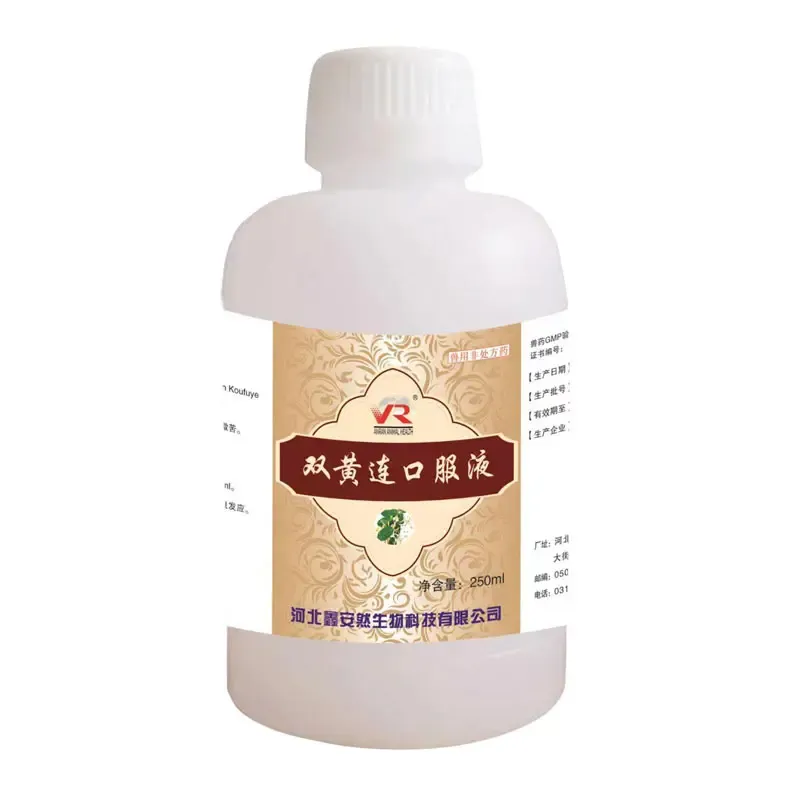- Afrikaans
- Albanian
- Amharic
- Arabic
- Armenian
- Azerbaijani
- Basque
- Belarusian
- Bengali
- Bosnian
- Bulgarian
- Catalan
- Cebuano
- Corsican
- Croatian
- Czech
- Danish
- Dutch
- English
- Esperanto
- Estonian
- Finnish
- French
- Frisian
- Galician
- Georgian
- German
- Greek
- Gujarati
- Haitian Creole
- hausa
- hawaiian
- Hebrew
- Hindi
- Miao
- Hungarian
- Icelandic
- igbo
- Indonesian
- irish
- Italian
- Japanese
- Javanese
- Kannada
- kazakh
- Khmer
- Rwandese
- Korean
- Kurdish
- Kyrgyz
- Lao
- Latin
- Latvian
- Lithuanian
- Luxembourgish
- Macedonian
- Malgashi
- Malay
- Malayalam
- Maltese
- Maori
- Marathi
- Mongolian
- Myanmar
- Nepali
- Norwegian
- Norwegian
- Occitan
- Pashto
- Persian
- Polish
- Portuguese
- Punjabi
- Romanian
- Russian
- Samoan
- Scottish Gaelic
- Serbian
- Sesotho
- Shona
- Sindhi
- Sinhala
- Slovak
- Slovenian
- Somali
- Spanish
- Sundanese
- Swahili
- Swedish
- Tagalog
- Tajik
- Tamil
- Tatar
- Telugu
- Thai
- Turkish
- Turkmen
- Ukrainian
- Urdu
- Uighur
- Uzbek
- Vietnamese
- Welsh
- Bantu
- Yiddish
- Yoruba
- Zulu
10 月 . 19, 2024 11:16 Back to list
Exploring the Benefits and Applications of Tylovet Injection in Veterinary Medicine
The Impact of Tylovet Injection in Veterinary Medicine
In the realm of veterinary medicine, the fight against infections has been significantly enhanced with the advent of various pharmaceuticals. Among these, Tylovet Injection has emerged as a vital tool in the treatment and management of respiratory infections in livestock, particularly in cattle. This article delves into the importance of Tylovet, its mechanism of action, usage, benefits, and some considerations regarding its application.
Understanding Tylovet
Tylovet Injection is a form of medication based on Tylosin, which belongs to a class of antibiotics known as macrolides. Tylosin is known for its broad-spectrum activity against a variety of Gram-positive bacteria and some Gram-negative bacteria, making it particularly effective in treating infections caused by organisms such as Mycoplasma and certain strains of Streptococcus. Tylovet is especially useful in treating respiratory diseases like bovine pneumonia, which can severely affect livestock productivity and welfare.
Mechanism of Action
The mechanism of Tylosin is primarily based on its ability to inhibit bacterial protein synthesis. It binds to the 50S ribosomal subunit of bacteria, preventing RNA from translating into proteins essential for bacterial growth and replication. This action ultimately leads to the cessation of bacterial proliferation, enabling the animal's immune system to combat the infection more effectively. This property makes Tylovet a valuable option not only for acute infections but also for preventing potential outbreaks in herds.
Usage in Veterinary Practices
Tylovet Injection is administered by trained veterinarians, who determine the appropriate dosage and treatment duration based on the severity of the infection and the specific species affected. Typically, it is administered subcutaneously or intramuscularly, allowing for rapid absorption into the bloodstream. The ease of application and rapid onset of action have made Tylovet a preferred choice among many veterinarians dealing with respiratory infections in cattle.
In practice, the use of Tylovet is often part of a comprehensive treatment plan that includes supportive care, such as hydration and maintaining optimal environmental conditions, to facilitate recovery. It is vital that Tylovet is used judiciously, adhering to established guidelines to avoid the risk of antibiotic resistance, which can have long-lasting implications for animal health and food safety.
Benefits of Tylovet Injection
tylovet injection

The introduction of Tylovet Injection into veterinary practices has brought about several benefits
1. Effective Treatment of Infections Tylovet has proven efficacy in managing respiratory infections, helping to reduce morbidity and mortality rates in livestock.
2. Rapid Response The speed with which Tylovet acts to alleviate clinical signs of infection allows for quicker recovery and a return to productivity.
3. Prevention of Disease Spread By treating infected animals promptly, Tylovet helps to contain infections, preventing outbreaks that can devastate herds and lead to significant economic losses.
4. Welfare Improvement Providing effective treatment for sick animals enhances their welfare, allowing them to recover and return to a state of health.
Considerations and Best Practices
While Tylovet Injection has numerous benefits, veterinarians and livestock producers must consider several factors before its administration. Firstly, it is crucial to conduct diagnostic tests to confirm the presence of a bacterial infection that is susceptible to Tylosin. Additionally, proper withdrawal times must be observed to ensure that any drug residues in the meat or milk are below regulatory limits, safeguarding consumer health.
Furthermore, attention should be paid to the potential for developing antibiotic resistance. This can be mitigated through appropriate dosing, avoiding unnecessary use, and following best practices in herd management.
Conclusion
Tylovet Injection represents a significant advancement in veterinary medicine, particularly in the treatment of respiratory infections in livestock. Its effectiveness, rapid action, and role in promoting animal welfare make it an invaluable resource for veterinarians. However, responsible use is imperative to maintain its efficacy and safeguard animal and public health. As we continue to refine our practices in veterinary care, the responsible use of Tylovet and similar medications will play a crucial role in the health and productivity of livestock.
-
The Power of Radix Isatidis Extract for Your Health and Wellness
NewsOct.29,2024
-
Neomycin Sulfate Soluble Powder: A Versatile Solution for Pet Health
NewsOct.29,2024
-
Lincomycin Hydrochloride Soluble Powder – The Essential Solution
NewsOct.29,2024
-
Garamycin Gentamicin Sulfate for Effective Infection Control
NewsOct.29,2024
-
Doxycycline Hyclate Soluble Powder: Your Antibiotic Needs
NewsOct.29,2024
-
Tilmicosin Premix: The Ultimate Solution for Poultry Health
NewsOct.29,2024













